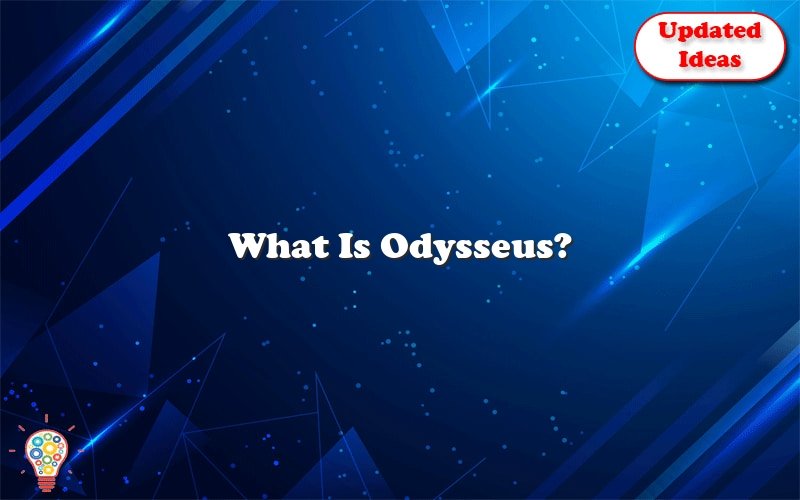Sophocles, in his play Philoctetes, characterized Odysseus favorably, but in the sequel, he radically changed his character. Greece was going through a period of political transition in the fifth century BC. People questioned the authority of the aristocracy, as well as the notion that arete is a “born” quality.
It’s tempting to simplify the epic poem and make it a lesson, but the truth is that it is far more complex than that. Odysseus is a man of many twists and turns, and his development is a complicated process. He grows in different aspects throughout the play, and his actions are largely motivated by his desire for fame and material wealth. While the story doesn’t provide an exact blueprint of personal growth, it is instructive about the importance of self-control and circumspect behavior.
The Iliad depicts Odysseus as a devoted warrior, but he’s not always a noble hero. He is, for example, an arch-enemy to Ajax. Ajax may have been influenced, but he never said they were arch-enemies. It is more difficult for him now to change his mind. He still believed that he would be able to return, even though Ajax’s embassy didn’t change his mind.
In addition to his heroic character, Odysseus’ participation in the war played a crucial role in the Greek victory. The myth of the Trojan Horse, in which the Greeks fought for Troy, was based on his ruse of the Trojan horse. To sneak into Troy, Odysseus disguised as an old manggar, and Menelaus told Telemachus about it.
Euripides’ second version of the story makes him appear cruel. The story of the epic hero has changed drastically since its first appearance in the fifth century BC. The myth’s characters have changed over time as the Greeks’ ethos has changed. Despite the differences, the story of Odysseus is still one of the most popular stories ever told.
Among the archetypes associated with the Odyssey, the Hero as Warrior is perhaps the most prominent. In his 22nd book, Odysseus appeals to this principle by explaining his reasoning behind murdering his suitors. Odysseus claims that killing his suitors is a way to serve the gods’ death share. This action also serves the purpose of restoring the moral order by killing the suitors.
A more positive approach to the “action-consequence-reaction” theory can be found in the analysis of the causes in the Odyssey. The central theme of the epic is that of action, which comes from inside the hero. Outside influence is absent. The Greek hero claims that his decision to return home was made from within. The gods are not directly involved in this process, but the Greeks do enlist their help.

